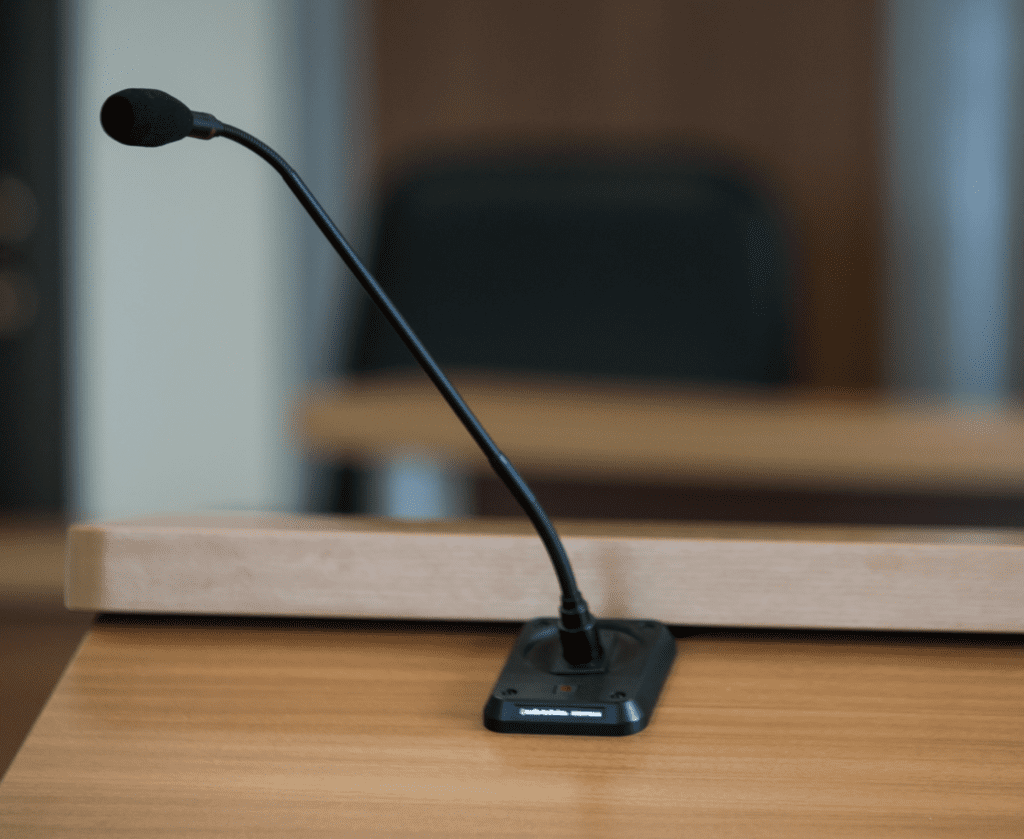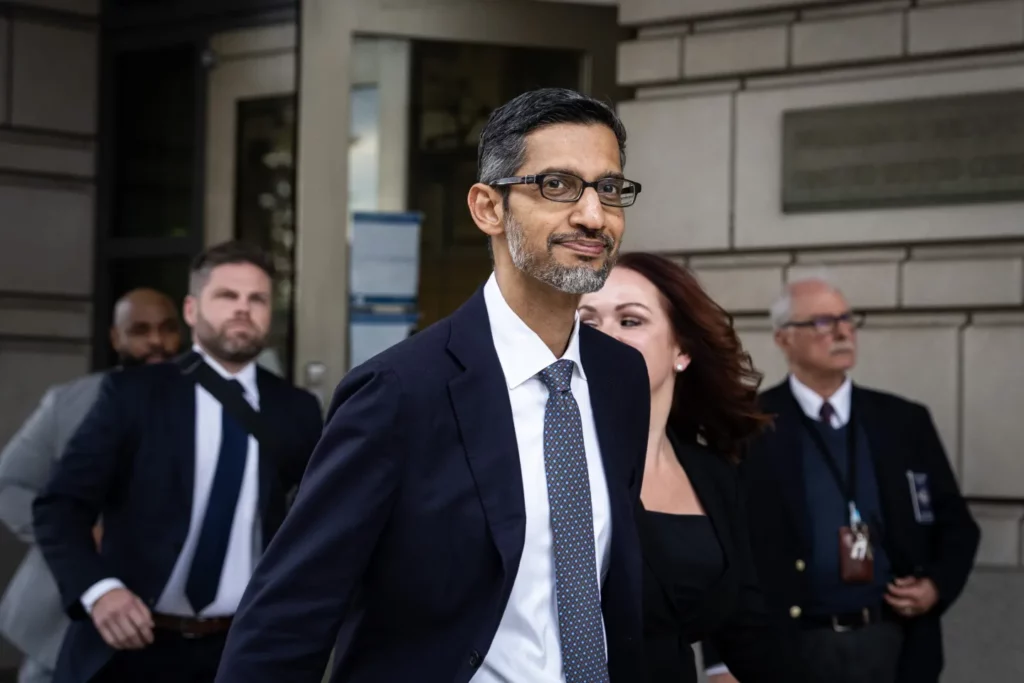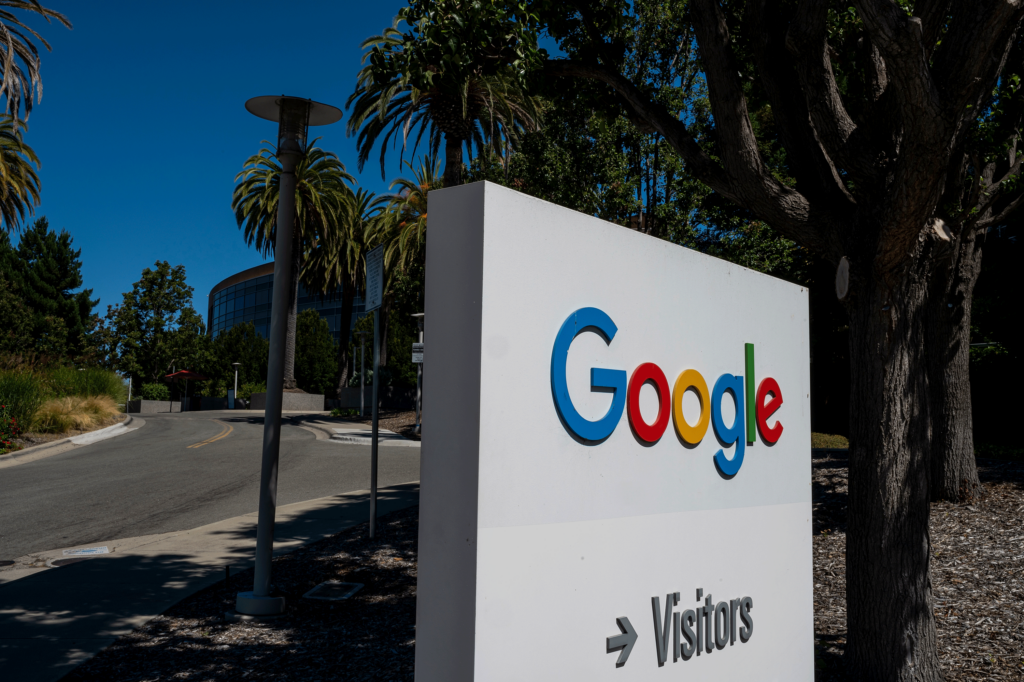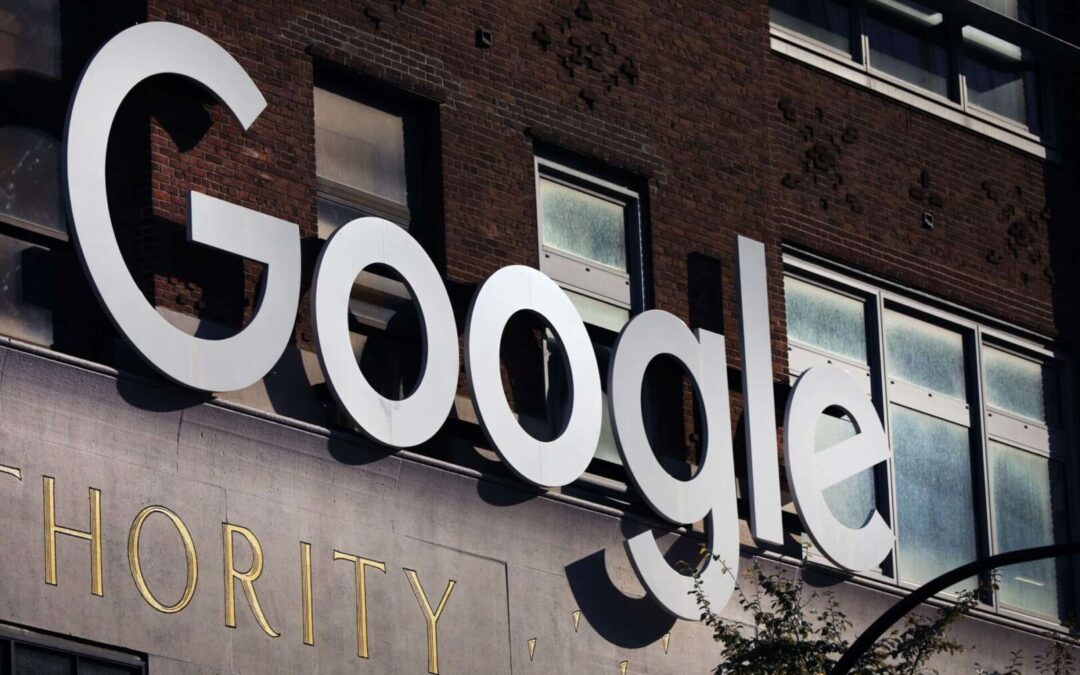Google doesn’t want AppNexus founder Brian O’Kelley, the godfather of programmatic, to testify in its ad tech antitrust trial, which begins on September 9.
It also does not want Index Exchange CEO Andrew Casale, OpenX CEO John Gentry, Vox CRO Ryan Pauley, or The Trade Desk’s CRO Jed Dederick on the stand. The list goes on. In fact, Google intends to exclude all of the ad tech industry witnesses who were deposed while the DOJ was constructing its case.
Late last week, Google submitted a move to dismiss any testimony related to Google’s alleged anticompetitive behavior provided by government witnesses who are not economists or antitrust experts.
The company contends that “none of these third-party competitor witnesses has the proper foundation of knowledge, expert qualifications or done the required economic analysis to opine as to whether Google is a monopolist whose conduct harmed competition.”
READ MORE: Yelp Sues Google After The Search Giant Loses Antitrust Case
In its countermotion requesting the court to deny Google’s request, filed last week, the DOJ specifically criticizes Google’s depiction of its industry witnesses as nothing more than competitors.

Yes, third-party ad exchanges like Xandr (formerly AppNexus), Index Exchange, Magnite, Kargo, and OpenX compete with Google AdX, but they are also Google customers. They use Google’s DSP and publisher ad server.
“These exchanges make business decisions based in part on their reliance on Google, on both sides of the ad tech stack, to reach publishers and advertisers,” according to the Justice Department. “Their testimony about being unable to compete with Google’s AdX is based on first-hand knowledge gathered on the job.”
“Moreover,” the Department of Justice maintains (and who doesn’t appreciate the “moreover” in a lawsuit? ), “some third parties have tried – with varying degrees of success – to offer their customers a publisher ad server tool, and lay witnesses with firsthand experiences developing and marketing such a tool can attest to the impact Google’s policies have had on their ability to develop and market alternatives or workarounds to Google’s DFP.”
READ MORE: Google Pushed Advertisers To Target Teenagers On YouTube
According to CEO John Gentry, OpenX intended – and eventually failed – to compete with Google in the publisher ad server industry. Gentry was deposed in October 2023.

In its counter-motion, the DOJ quotes Gentry from his deposition, in which he stated that OpenX had never been able to persuade customers to leave AdX because AdX is the “delivery point for the largest source of demand in the display business.”
OpenX eventually closed its ad server business in late 2018, laying off 100 people.
The DOJ also references Brian O’Kelley’s sworn testimony, which claim that AppNexus “never got meaningful traction in the US” with its publisher ad server for identical reasons.
Header bidding evolved as a mechanism for third-party exchanges to get around Google’s dominant position in the auction.
READ MORE: Google Chrome Is Removing One Of The Most Popular Ad Blockers Available
However, as O’Kelley stated during his deposition, Google’s last look advantage in open bidding enabled DFP and AdX to “manipulate auctions and manipulate the decisioning process, to [Google’s] benefit.”

However, Google’s lawyers refer to these and other assertions as hearsay and guesswork. The request to exclude cites Casale’s September 2023 deposition as an example of speculative testimony.
When asked why Google developed the Open Bidding platform, Casale replied, “We assumed it was an attempt to create a header bidding killer.”
He was also questioned if he had spoken with any publishers who were concerned about Google’s dominance throughout the ad tech stack.
Casale responded: “That’s a pretty common position that a lot of publishers have.”
(Interestingly, Google’s motion to exclude cites this second question and answer, but it is redacted from the version of Casale’s deposition that was released along with hundreds of other trial exhibits in recent weeks.)
Google believes that Casale’s assertions, as well as those made by other industry insiders, are inadmissible because they are unsupported opinions.

“It makes no difference that third parties may profess to couch their opinions in many years or extensive experience in the industry,” according to Google’s submission. “The experience of third parties in the industry does not render them competent to testify as to conclusions such as whether a firm is dominant, a monopoly, anticompetitive or causing anticompetitive effects.”
However, the DOJ believes that the witnesses’ industrial experience is what makes them valuable and viable.
“These market participants live and breathe the give-and-take of competition in the ad tech industry every day and are positioned as well or better than anyone else to testify to how Google’s conduct has affected them,” according to the Justice Department. “While expert testimony serves an important role, market realities matter more than what is theoretically possible.”
So, what will happen now?
It appears doubtful that the individuals who laid the first programmatic pipes would be denied the opportunity to testify in a trial that could change the course of the ad tech industry.
But that decision will be made by Leonie Brinkema, the federal judge sitting over United States v. Google LLC (take two).
Radiant TV, offering to elevate your entertainment game! Movies, TV series, exclusive interviews, music, and more—download now on various devices, including iPhones, Androids, smart TVs, Apple TV, Fire Stick, and more.


